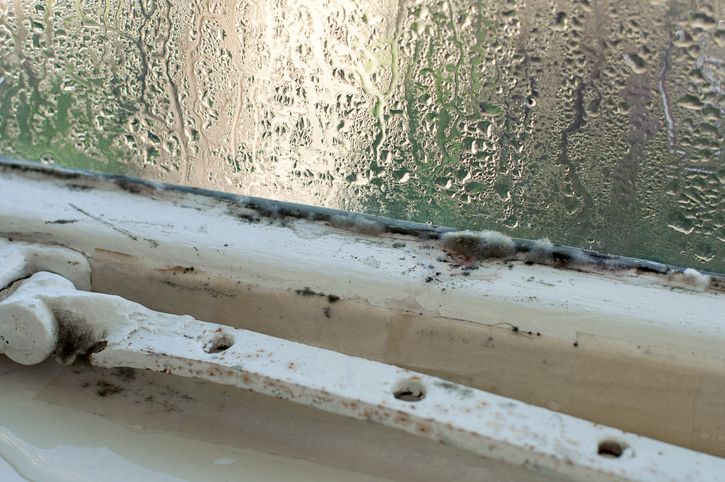English housing association rapped over handling of damp and mould complaints

An English housing association has been rapped by the Housing Ombudsman over failings in handling a resident’s complaint about damp and mould caused by rotten window frames and her request for compensation due to damaged belongings.
The woman, a tenant of Onward Homes in Manchester, had been reporting damp and mould in her bedroom from early 2020, caused by rotten window frames in her flat. She said she was not sleeping in the bedroom and had got into debt by buying a dehumidifier.
The landlord carried out mould treatment and responded to the resident’s complaint saying it would consider her request for new windows.
At the end of 2020 the resident contacted the landlord about damp and mould in her bedroom again, asking it to repair or replace the windows. The landlord said it was a case of condensation that had not been managed by the resident. It said she was responsible for managing the property in a reasonable manner including washing the mould.
In its final response, the landlord said it could not offer an immediate replacement, offered to arrange a further inspection and later found that the windows were beyond repair.
The Housing Ombudsman said its investigation had found that there was an unreasonable delay when the resident raised further concerns, due to the impact of the damp and mould.
There was no evidence that Onward Homes had considered if the property was uninhabitable and no evidence to support the landlord’s finding that the condensation was due to the resident’s inaction. This was unreasonable as it had concluded that the windows were beyond repair.
It was also unreasonable that the landlord did not respond to the resident’s request for compensation for items damaged that she made at each stage of the complaint process, even though its policy sets out an approach for considering claims for damaged items.
The Housing Ombudsman ordered the landlord to pay £2,175 compensation, carry out a survey to determine if the property is habitable and, if not, to consider moving the resident or offering a rent reduction until the windows are replaced.
Following the investigation, the landlord’s learning from this case includes making some process changes to address the findings and doing more to support residents where repairs or reinvestment are delayed.
Richard Blakeway, Housing Ombudsman, said: “The landlord failed to demonstrate that it adequately investigated the resident’s concerns and instead stated that it was the resident’s responsibility to remove the condensation in the property.
“Given the landlord’s serious failings in this case we ordered it to review its approach in line with our Spotlight report on damp and mould. It should consider the advice offered to residents when they report concerns, and how it assesses the factors contributing to any condensation build up.
“The landlord also repeatedly failed to address a key aspect of the complaint at all points of the complaint process, by not providing a response to the resident’s request for compensation.
“Following our decision, I welcome the landlord’s response on its learning from this case and the changes being made to improve its service. I would encourage other landlords to consider the learning this case offers for their own services.”







